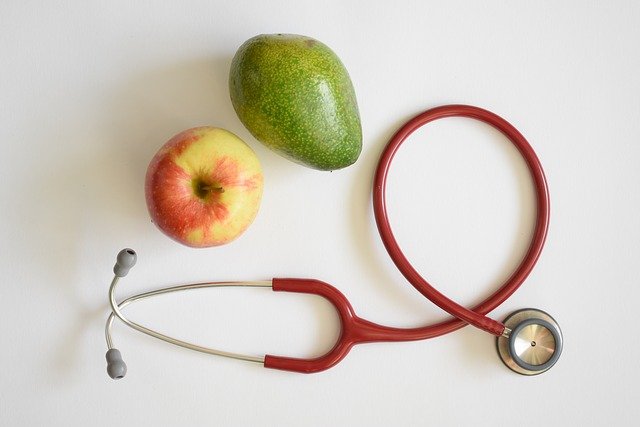
October is Breast Cancer Awareness Month - This includes seniors
We have reached October! What a beautiful time of year. We hope you are able to enjoy some fall foliage, pumpkins and maybe some apple cider...yum! In addition to all the fun fall events it’s also breast cancer awareness month. Make sure, no matter what your age, you are getting regular check-ups with your doctor. Follow their guidance on your breast exams and scheduled testing. Breast health is an important aspect of your overall health. It should not be ignored. October is a great month to remind yourself to take care of your breasts. It’s a great way to get involved in your local community.

Consider preventative measures for seniors such as:
- Regular Exercise - Walking is great for older adults, its free and easy
- Healthy Diet - Keep it simple with lots of fruits, vegetables & low-fat meats
- Stop Smoking - If you smoke, quitting is always highly recommended and consult with your doctor if you are having trouble quitting
- Limit Alcohol - 1 to 2 drinks per week
- Consider BRCA Screening - if applicable
October is Breast Cancer Awareness Month
This is a time to celebrate survivors, become educated, and band together to raise awareness to fight the disease. Want to join in the activities? Check with your local town, senior center or your senior living community to see what they have planned. These events include: walks, food drives, and fund raising.
Many within these communities welcome your participation, you can participate on your own or have friends or family join in the festivities. People find a real community among these types of events; it makes many folks feel more comfortable talking about subjects regarding breast health.
The National Breast Cancer Foundation (NBCF) has great information especially during October in honor of Breast Cancer Awareness Month. Why not use this month specially to read about senior breast health? If you are living in a senior living community, assisted living community or CCRC you are probably aware of Breast Cancer Awareness Month as the communities typically have many special events including parties with information, pink foods, pink drinks and doctors or guests who will speak on the issue. If you live on your own or with a caregiver and need more information you can contact your general practitioner or ask your local senior center if they have information. If you need more information you can contact a Medicare office and speak with a representative. Continuing to have annual exams and communicating concerns with your doctor may help reduce your risk of breast cancer and assist with early detection.

4 Facts Seniors Should Know Matter
1. Breast Changes Are Normal – However, don’t ignore those changes and
communicate changes with your doctors. All changes are not cancer but the
more information your doctor has the better they can advise you.
2. Mammograms Are Important - Mammograms can detect breast irregularities that
can be further assessed with techniques, such as a biopsy to help determine
a cancer diagnosis. Talk with your doctor to determine what kind of
screening plan works best for you given your current health, age and family
breast history.
3. Early Detection is Vital - On average, the five-year breast cancer survival
rate is 90 percent. For patients diagnosed with early-stage breast cancer,
the five-year survival rate is close to 100 percent. It’s been said the
earlier your diagnosed, the less intensive treatment can be and
possibilities increase for a cure.
4. Most Breast Cancer Isn’t Hereditary - Only 5 to 10 percent of all breast
cancers are caused by a genetic factor. This is more reason to make sure you
stay on top of your breast health. If a family member has suffered from any
form of breast cancer, make sure to alert your doctors. But if you have no
breast cancer in your family heritage don’t let this dissuade your decision
to take your breast health seriously.

Senior Screening
For many aging adults, in addition to chronic illness they also face challenges to maneuvering, which may make home examinations an issue. Family and loved ones should keep this in mind, especially when receiving home care.
Home exams should be done at least once a month for seniors. They an important part of early breast cancer detection, they help seniors get familiar with what their breasts look like when they are healthy, and make it easier to detect any changes or abnormalities.
Senior women should also go for mammograms on a regular basis and if they can no longer drive, a caregiver should arrange to have them brought for any checkups and testing to help them stay safe and healthy.
Other helpful resources include:
https://www.bcrf.org/blog/breast-cancer-elderly-how-bcrf-researchers-ar…
Are you or a loved one searching for assisted living near me? Retirement communities near me? Visit our website and begin your research today. Be sure to check out our learning videos about assisted living, memory care, nursing homes and CCRCs. Read our blog section for great information that seniors want to know.